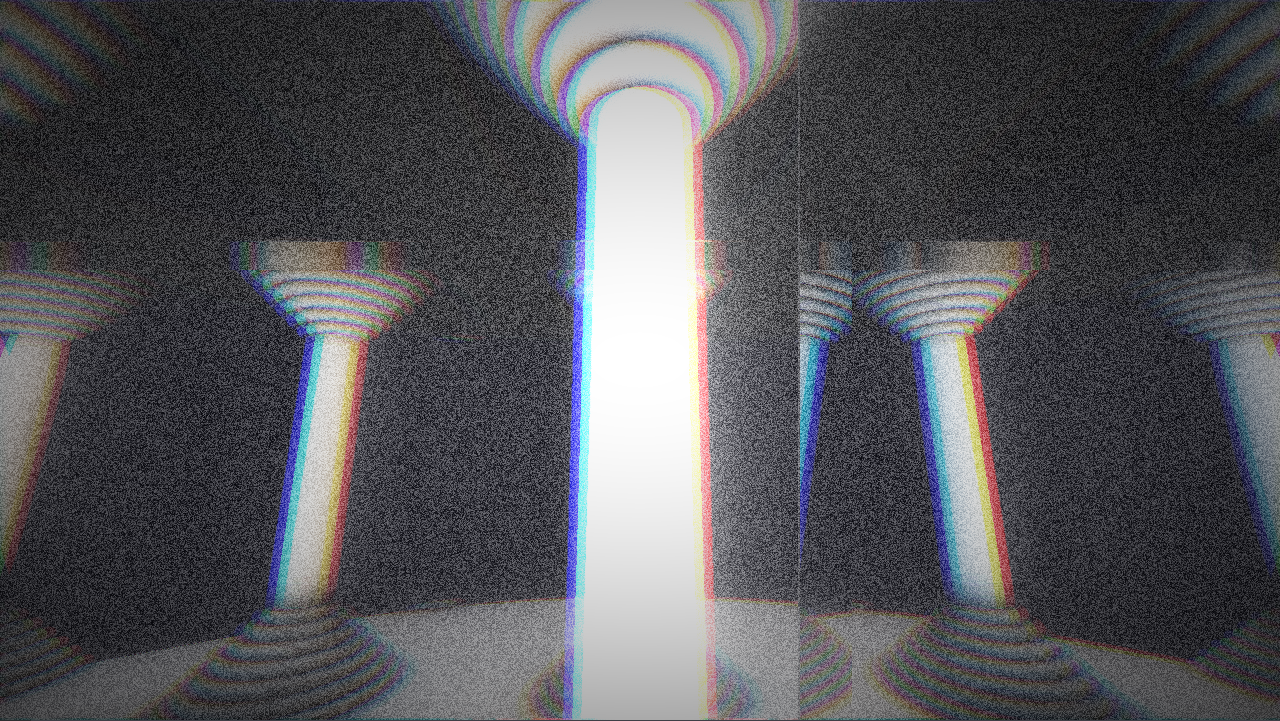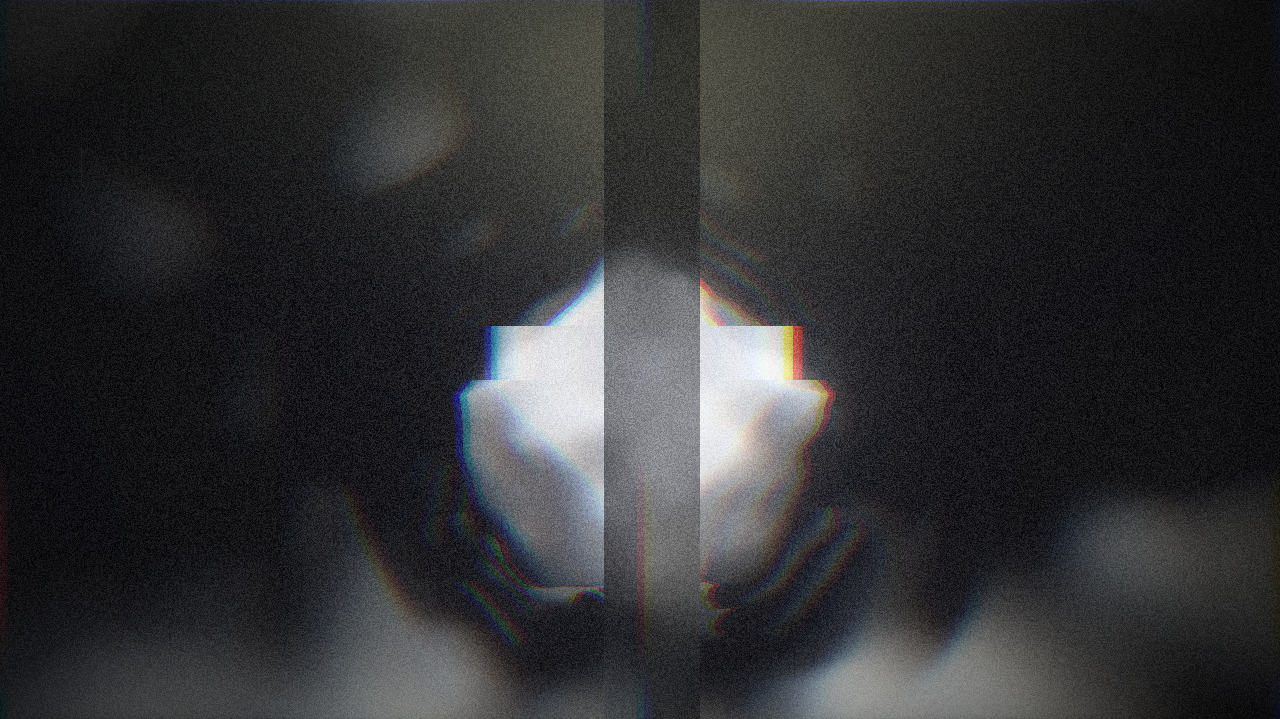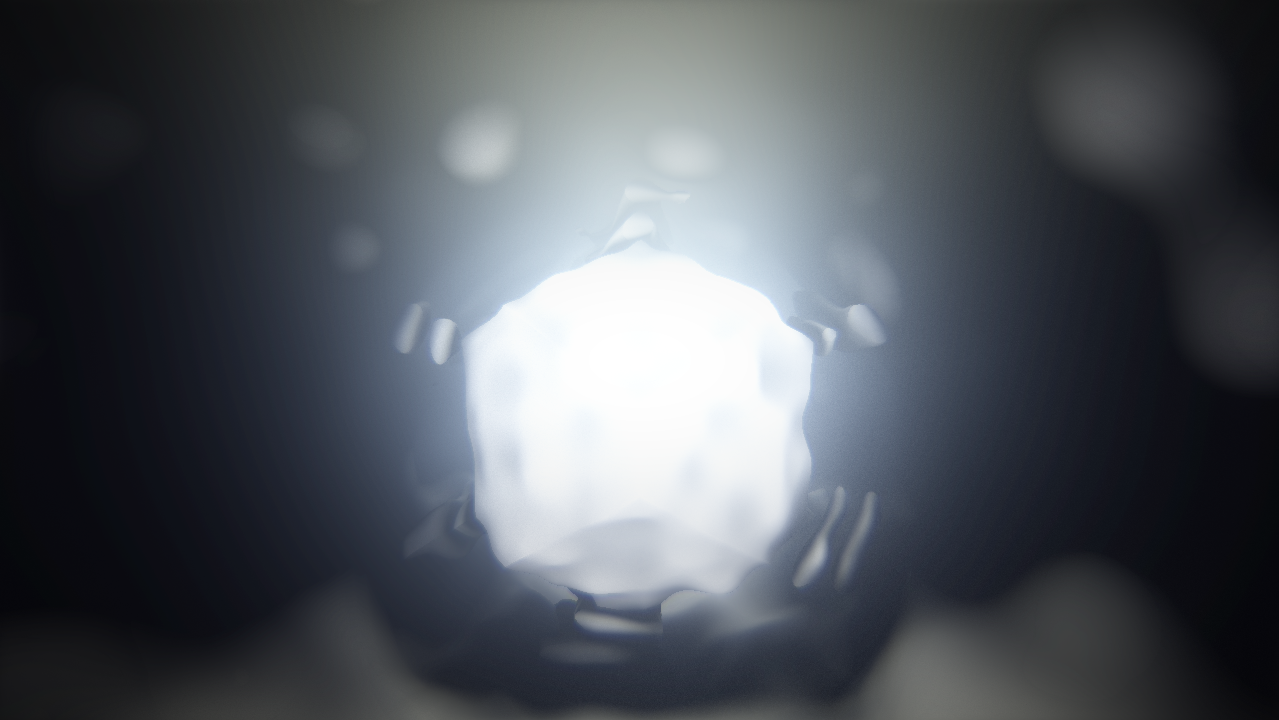Random "work in progress" shots
category: general [glöplog]
s/a 1-3 due to/of 1-3 weeks due to
some dithering test!
before:

after:

before:

after:

@rez: nice :) but seems that on pico-8 reolution dither pattern looks too abrupt :))
Evolution of HAL 4000 rendering algorithm:
1. Proof of concept. Written on Forth/WebGL.
2. Star field pixeled. Forth.
3. Pixeled. Written on Forth.
4. Antialiased. On Forth as well.
5. Final. Ported to GLSL.

1. Proof of concept. Written on Forth/WebGL.
2. Star field pixeled. Forth.
3. Pixeled. Written on Forth.
4. Antialiased. On Forth as well.
5. Final. Ported to GLSL.

Bought at the 1st may of 1992, I need to reprint a new copy of my only printed shirt. It's an artwork of an east german cleaning powder package. Never be dirty again! (:
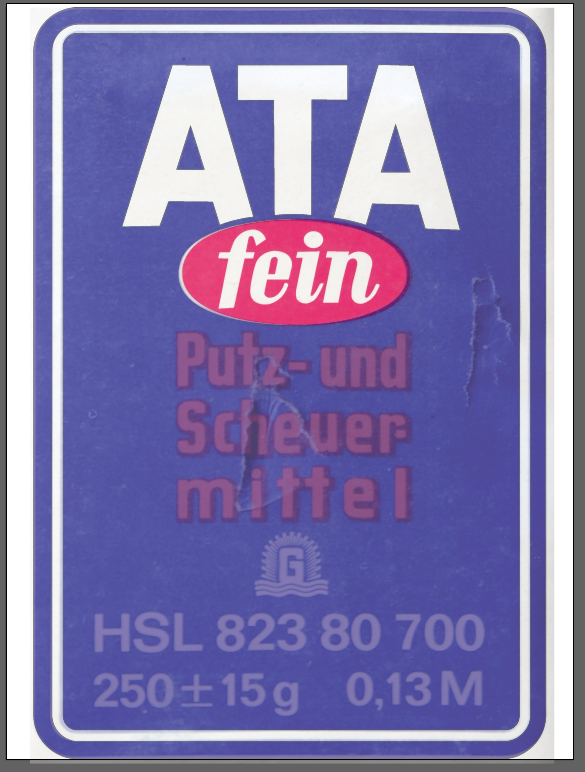

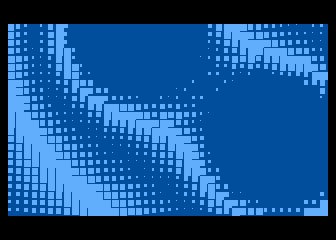

http://i.imgur.com/ZpbhdF5.jpg
https://www.shadertoy.com/results?query=bisymmetry&sort=newest&from=0&num=12
described at
http://www.pouet.net/topic.php?which=11175
https://www.shadertoy.com/results?query=bisymmetry&sort=newest&from=0&num=12
described at
http://www.pouet.net/topic.php?which=11175
+img tgs:


I see a lot of your screenplay-excitement-gaphs over time disregard framwork conventions about tension and relief for;
pacing;
https://www.youtube.com/watch?v=5LScL4CWe5E
or anticipation:
https://www.youtube.com/watch?v=OyiAR2BXtKU
You could also consider how a (futile inconclusive steady state cliff hanger) Story-Circle differs from a (progressive changing morale telling) episodic Story circle:
https://www.youtube.com/watch?v=l_c2hqmFBdM
A general screenplay tip is to start writing a story from the [midpoint], which is between 50% and 61% (golden ratio is famous in music pieces for this):
The midpoint in a story has the following properties;
- The midpoint of a story recursively contains and summarizes the main arc of the story in less than 10 minutes, like multi-octave noise, played at roughly 12* speed, for a short period, usually 61% into a story or music piece.
- The protagonist (or emphatic viewer) is most introspective, reflecting on its past self, past actions and past effects. The protagonist may consider; "what have I become" or "how can I make up for this" during a "mirror moment".
- - The protagonists often makes the post important choice within the script (as far as the script is concerned with telling a morale). A "midpoint shift", is usually a turning point. Simple example; When your story/game is about exploring a cave or dungeon. The midpoint is the moment you chose to return back to the entrance. The rest of the story is in many senses "in reverse", relative to the previous part of the story.
- - in music this is famous as "crab canon".
- The protagonist makes a significant trade, usually by getting his desired treasure, but paying or sacrificing something in return.
- "tragedy" or "comedy" , as well as "series" or "episodes" have fundamentally different midpoints.
pacing;
https://www.youtube.com/watch?v=5LScL4CWe5E
or anticipation:
https://www.youtube.com/watch?v=OyiAR2BXtKU
You could also consider how a (futile inconclusive steady state cliff hanger) Story-Circle differs from a (progressive changing morale telling) episodic Story circle:
https://www.youtube.com/watch?v=l_c2hqmFBdM
A general screenplay tip is to start writing a story from the [midpoint], which is between 50% and 61% (golden ratio is famous in music pieces for this):
The midpoint in a story has the following properties;
- The midpoint of a story recursively contains and summarizes the main arc of the story in less than 10 minutes, like multi-octave noise, played at roughly 12* speed, for a short period, usually 61% into a story or music piece.
- The protagonist (or emphatic viewer) is most introspective, reflecting on its past self, past actions and past effects. The protagonist may consider; "what have I become" or "how can I make up for this" during a "mirror moment".
- - The protagonists often makes the post important choice within the script (as far as the script is concerned with telling a morale). A "midpoint shift", is usually a turning point. Simple example; When your story/game is about exploring a cave or dungeon. The midpoint is the moment you chose to return back to the entrance. The rest of the story is in many senses "in reverse", relative to the previous part of the story.
- - in music this is famous as "crab canon".
- The protagonist makes a significant trade, usually by getting his desired treasure, but paying or sacrificing something in return.
- "tragedy" or "comedy" , as well as "series" or "episodes" have fundamentally different midpoints.
Have you ever actually done anything or do you just watch YouTube videos?
demos are not tv or movie scripts, and inherently have no obligation of following the conventions of any other type of traditional media. They can, but it's not a requirement.
Quote:
- "tragedy" or "comedy" , as well as "series" or "episodes" have fundamentally different midpoints.
So basically - everything is the same, except they all differ ... what's the point? :D

all i can think looking at that is "flesh gears?"
ehhhm... okay, testing DOSBox-X MMX recompilator versus Discloned :)

(oh wat did not cropped it but nevermind)

(oh wat did not cropped it but nevermind)
pico8 dot tunnel! \(•◡•)/


Very nice camera work, Rez. In many dots tunnels, you have the feeling dots are flying towards you, but you are not really moving inside the tunnel. Here you managed to give the right feeling.
tomoalien: thats cool!
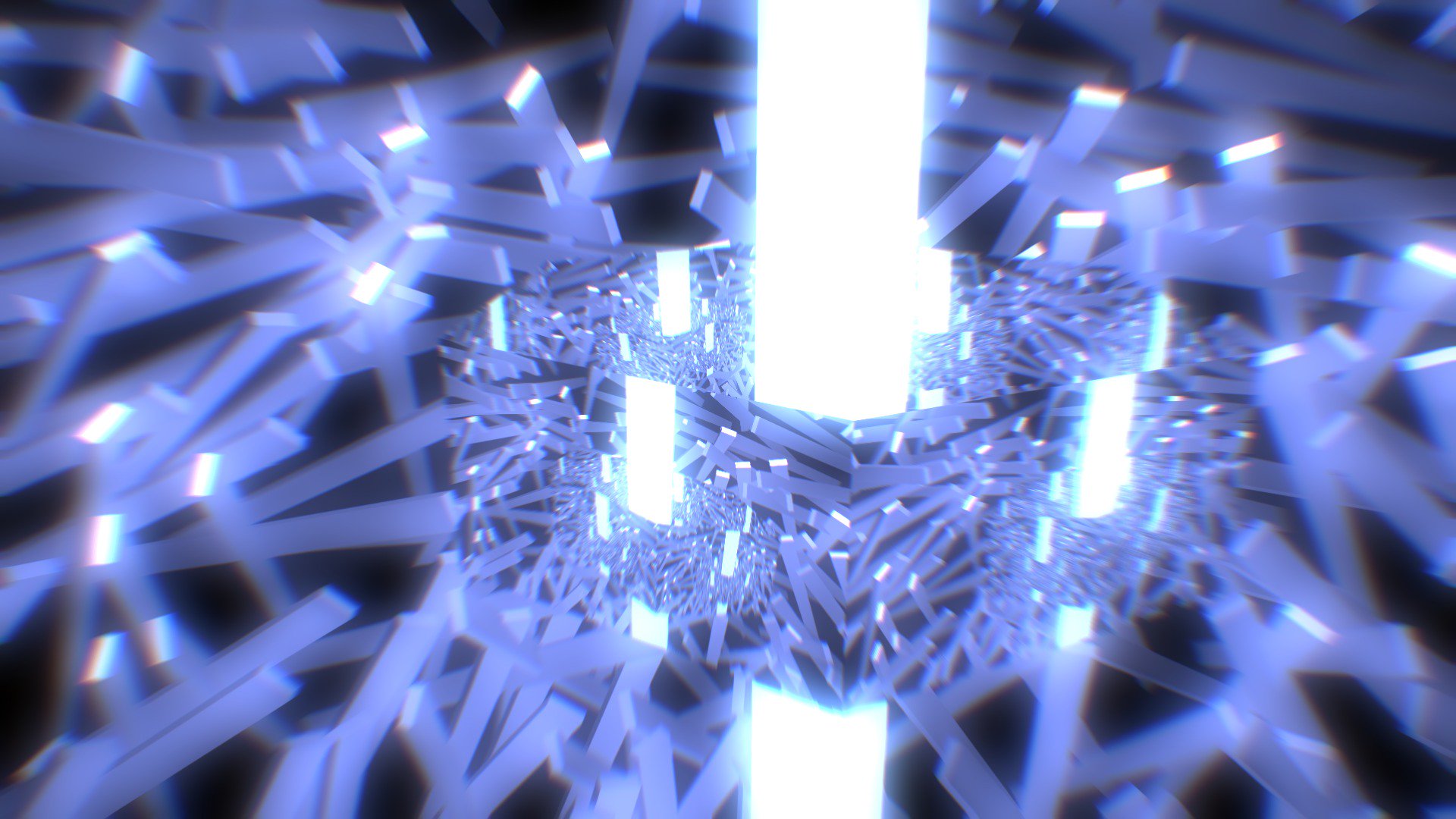
this could have some improvement
Microsoft Excel, #1 demotool


Quote:
ehhhm... okay, testing DOSBox-X MMX recompilator versus Discloned :)
I appreciate this occurrence!

